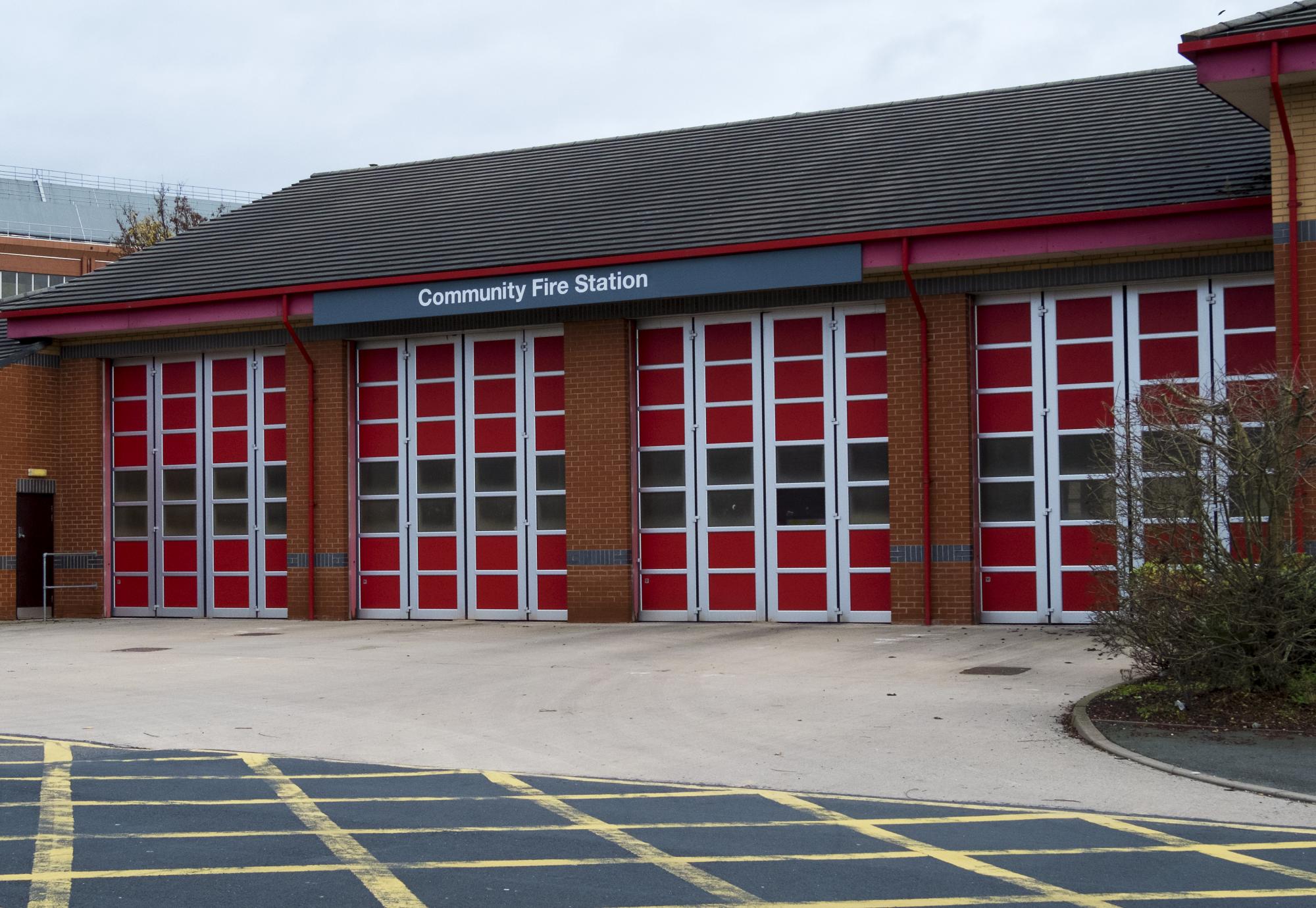Community buildings across England are set to benefit from cheaper energy bills and cleaner power, thanks to a £10 million investment from Great British Energy.
The funding will support rooftop solar, battery storage, and EV charging infrastructure in key public buildings, helping to cut energy costs, boost local services, and create green jobs — all part of the government’s clean energy superpower mission.
Projects include:
- Merseyside: Rooftop solar on care homes and leisure centres, saving an estimated £4.6 million in lifetime energy costs
- Greater Manchester: Solar panels on libraries, fire and police stations, and sports centres, plus EV chargers and battery storage — saving over £2.1 million
- York and North Yorkshire: Solar to power an Edwardian swimming pool and leisure centres in Whitby, Ripon, and Thirsk, with estimated savings of £4 million
These schemes are expected to generate £35 million in lifetime energy savings, while improving energy security and reducing emissions.
The grants will help public buildings store renewable energy for later use, reducing reliance on the grid and cutting costs. This follows the successful installation of solar panels on 11 schools, with plans to expand to 200 schools and 200 hospitals across England.
Ed Miliband, Energy Secretary, commented:
“Your local sports hall, library and community centre could have their energy bills cut by Great British Energy, the government’s publicly-owned clean energy company.
“Our plans will mean more money can be spent on the services that make working people better off and help strengthen the ties that bind us in our communities.
“This is what Great British Energy is all about - taking back control to deliver lower bills for good.”
Great British Energy is central to the government’s plan to deliver clean power by 2030, protect billpayers, and create thousands of green jobs. The company is investing in and developing clean energy projects across the UK, accelerating the shift to a low-carbon economy.
Earlier this year, mayoral authorities were invited to submit proposals for renewable energy projects deliverable in 2025/26. The selected projects reflect a community-first approach, ensuring working people and public services benefit directly from the clean energy transition.
Image credit: iStock



















